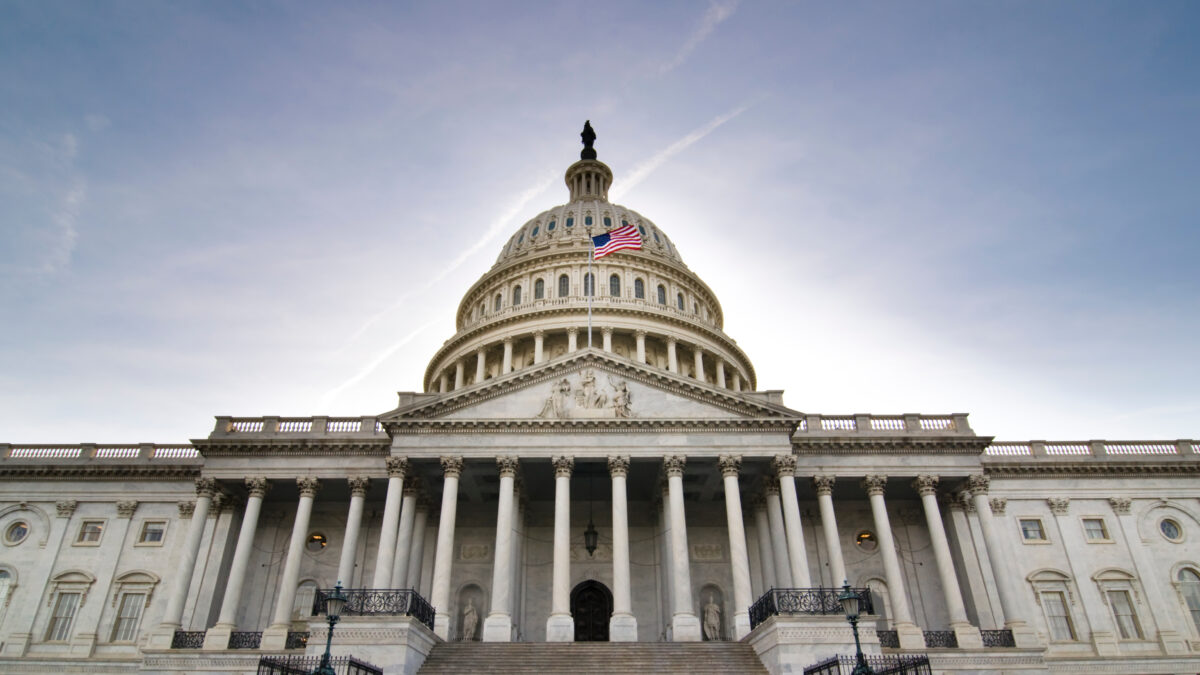The middlemen paid to manage health plans’ prescription drug coverage are creating problems for patients. Now Congress is stepping in.
Pharmacy benefit managers negotiate with drug manufacturers to obtain discounts, develop a list of covered medications, and set copays for patients. But questions about who benefits, and how much, have led to increased scrutiny.
Who Benefits from Lower Drug Costs?
According to research from Brookings, pharmacy benefit managers likely do lower overall drug costs – at least a little. These savings stem from aggressively negotiating lower prices. Much of the savings, however, goes to the pharmacy benefit managers themselves.
Meanwhile, patients’ costs may actually increase. Because pharmacy benefit managers profit a percentage of a drug’s list price, they may prioritize access to drugs that generate the highest rebate. That doesn’t necessarily mean the lowest price for patients, who sometimes pay a percentage of the drug’s price, known as coinsurance, rather than a flat copay.
Trends in the health care industry have given a handful of pharmacy benefit managers an outsized level of influence. Caremark, Express Scripts and OptumRx combined control 79% of the market. The biggest pharmacy benefit managers are owned by major national pharmacies or insurers, and some also operate mail-order and compounding pharmacies. The vertical integration puts pressure on smaller competitors, giving pharmacy benefit manager heavyweights still more influence.
Policymakers Want to Tackle the Middlemen’s Tactics
The combination of market dominance, conflicts of interest and influence over health care costs has raised concerns among regulators and policymakers. A series of bills have been introduced in both the House and Senate to reign in pharmacy benefit managers’ activities. Congressional action is expected late this year.
- Reporting requirements. The Senate Health, Education, Labor, and Pensions Committee and House Energy and Commerce Committee unanimously approved bills that would establish reporting requirements. Pharmacy benefit managers would have to report their negotiations with pharmaceutical companies, drug price and rebate information, and formulary and benefit design.
- Greater transparency. The Pharmacy Benefit Manager Reform Act and the PBM Transparency Act of 2023 have advanced out of Senate committees. So has the PATIENT Act of 2023 in the House, which encompasses the PBM Accountability Act, The Promoting Transparency and Health Competition in Medicare Act, The Drug Price Transparency in Medicaid Act of 2023, and the Fairness for Patient Medications Act. Additional bills include the Modernizing and Ensuring PBM Accountability Act (Senate) and The Lower Costs, More Transparency Act (House).
- Access & accountability. Other bills that have been introduced but await consideration include The Patients Before Middlemen Act, a Senate bill, and the PBM Sunshine and Accountability Act, and the Help Ensure Lower Patient (HELP) Copays Act, both House bills.
- Increased scrutiny. The Federal Trade Commission is conducting its own inquiry.
When pharmacy benefit managers distort prescription drug markets, patients pay the costs. Legislative and regulatory oversight may provide welcome changes to these practices.




